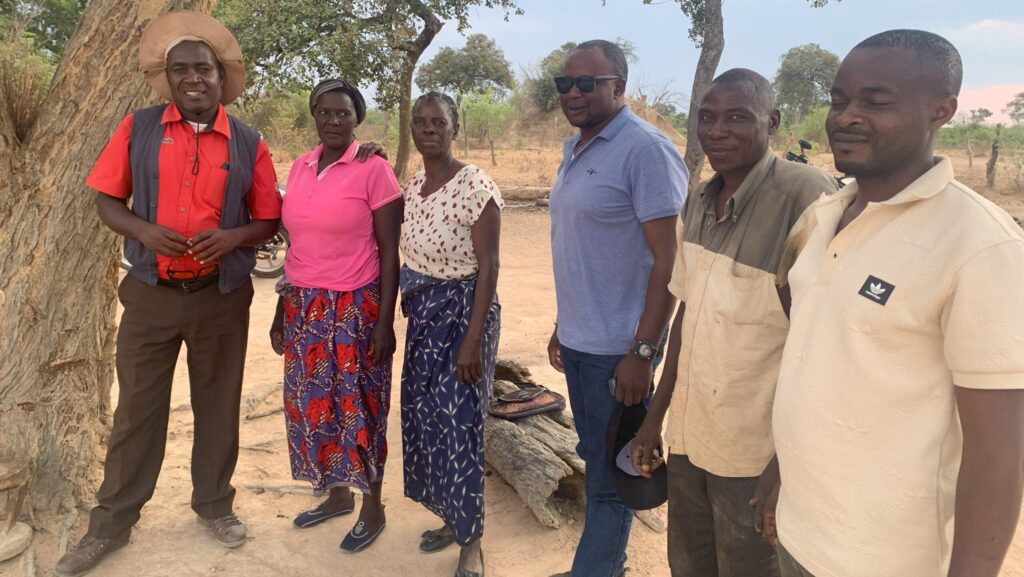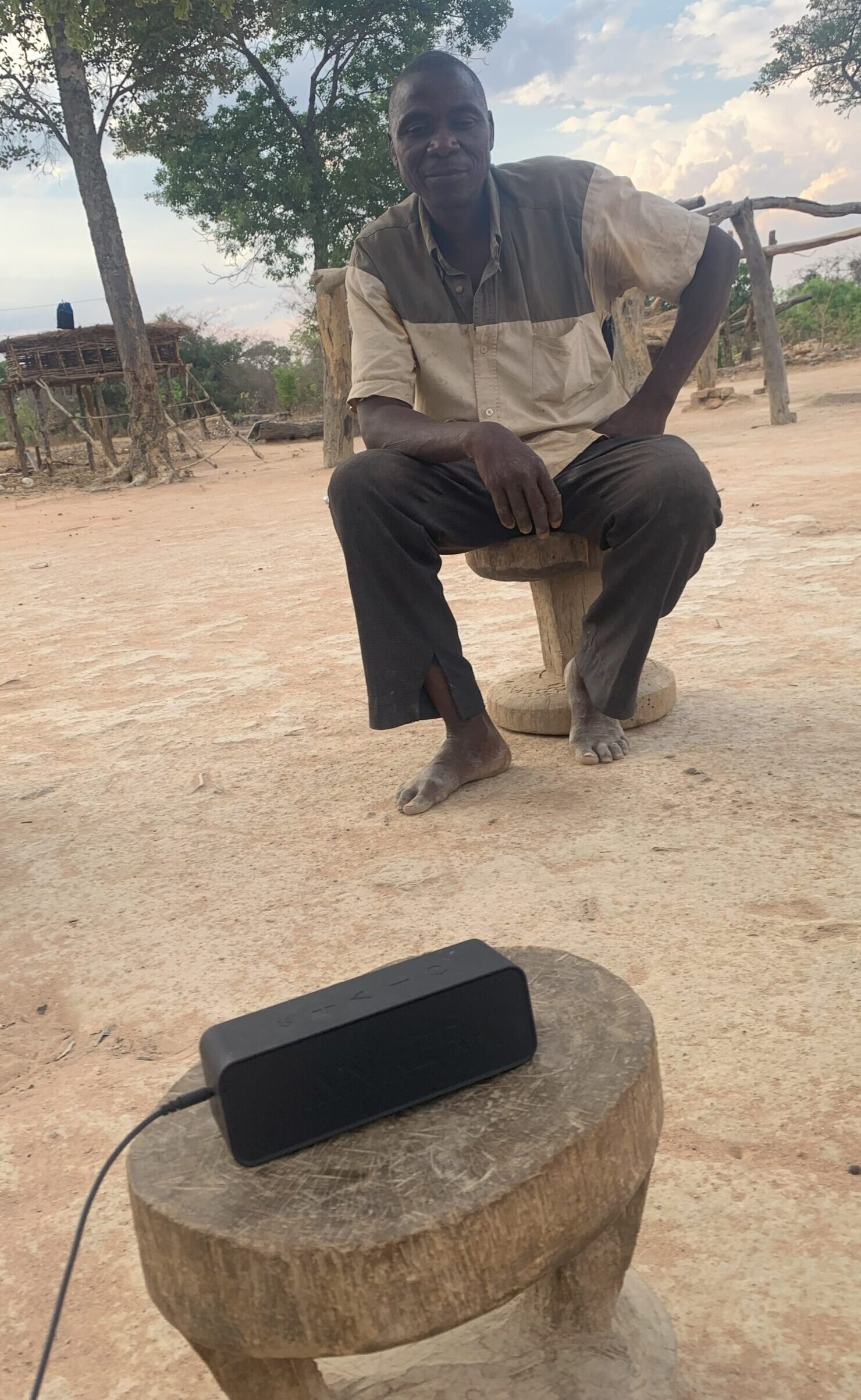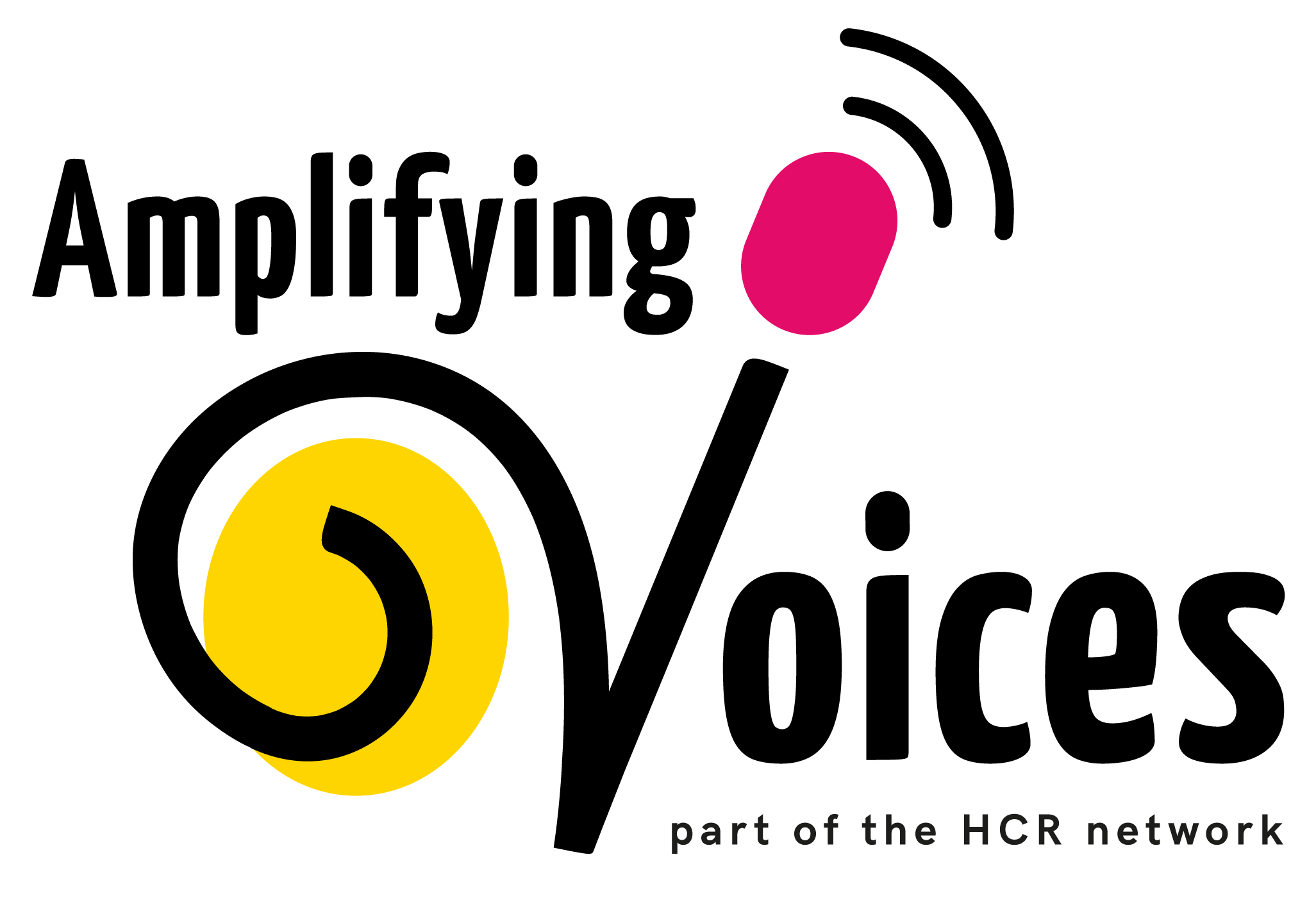
Transforming life in the village
“Radio will help me with my missing animals,” a local headman told Johnny when he visited the village of Simooya in Zambia in October.

Amplifying Voices is working with Zambian NGO, Chibozu Community Trust, to set up a community radio station in Simooya. The nearest town to Simooya, Choma, is on the main road from the capital Lusaka to the tourist centres at Victoria Falls. Choma is quite accessible. Simooya is not.
In earlier conversations about logistics and resources for the project, the term “but they’re in the village” seemed to suggest limitations. However, the implications were not clear to me, coming from a UK context where the term suggests an alternative lifestyle choice from urban living. In Zambia’s Southern Province, we soon recognised that “in the village” is a euphemism for isolation and lack. Life for people “in the village” is very different to life for people in towns like Choma. People in Choma have access to reasonable healthcare, toilets and running water in homes, but it’s often not so “in the village”.
Simooya is made up of several settlements each with its own headman. I went to visit some of the headmen and their households, to get a better understanding of what they hoped for in a radio station. I also wanted to introduce myself so that when I return to do installation and training, I’m not a total stranger. Three men and two women from the local charity came with me to translate, and probably also to vouch for me. Building trust is really important in community-centred media projects.
At each place we sat around until a few members of the household gathered. Some might exchange pleasantries, and then there was, what seemed to me, an awkward silence. When I tried to break it and get the conversation going, my companions cautioned me to wait, “it’s different here in the village from the town. We don’t just dive into things.” Then eventually there would be a lift of a chin in my direction and eyes glancing to one of my companions – it’s the cue for “so what’s he got to say then?”
After asking about who lived in the compound, how old were the children etc, I could ask about the radio station. What did the community members hope it would offer them? What kind of shows were they looking forward to listening to? And what if anything should the radio station not do – what mistakes should we avoid?
And so, we came to this man who told us that radio would help him get his missing animals back. These smallholdings don’t have any fences and cattle and goats roam freely, with some teenagers or children keeping an eye on them. The man said that whenever one of his animals goes missing, he has to go to Choma, (which is difficult for villagers to get to), to put out a notice via a commercial radio station (which is expensive and not very local). He is looking forward to having a local radio station to go to place his missing animal notices.
Other families were looking forward to sports updates, to educational programmes and to farmers being able to share ideas and advice with each other. One woman warned us that we should be careful that the radio station doesn’t become a source of misinformation.
People “in the village” don’t want the phrase “in the village” to always have the connotations of poverty that it has now. Our hope is that the radio station plays a significant role in villagers experiencing “fullness of life” instead.
